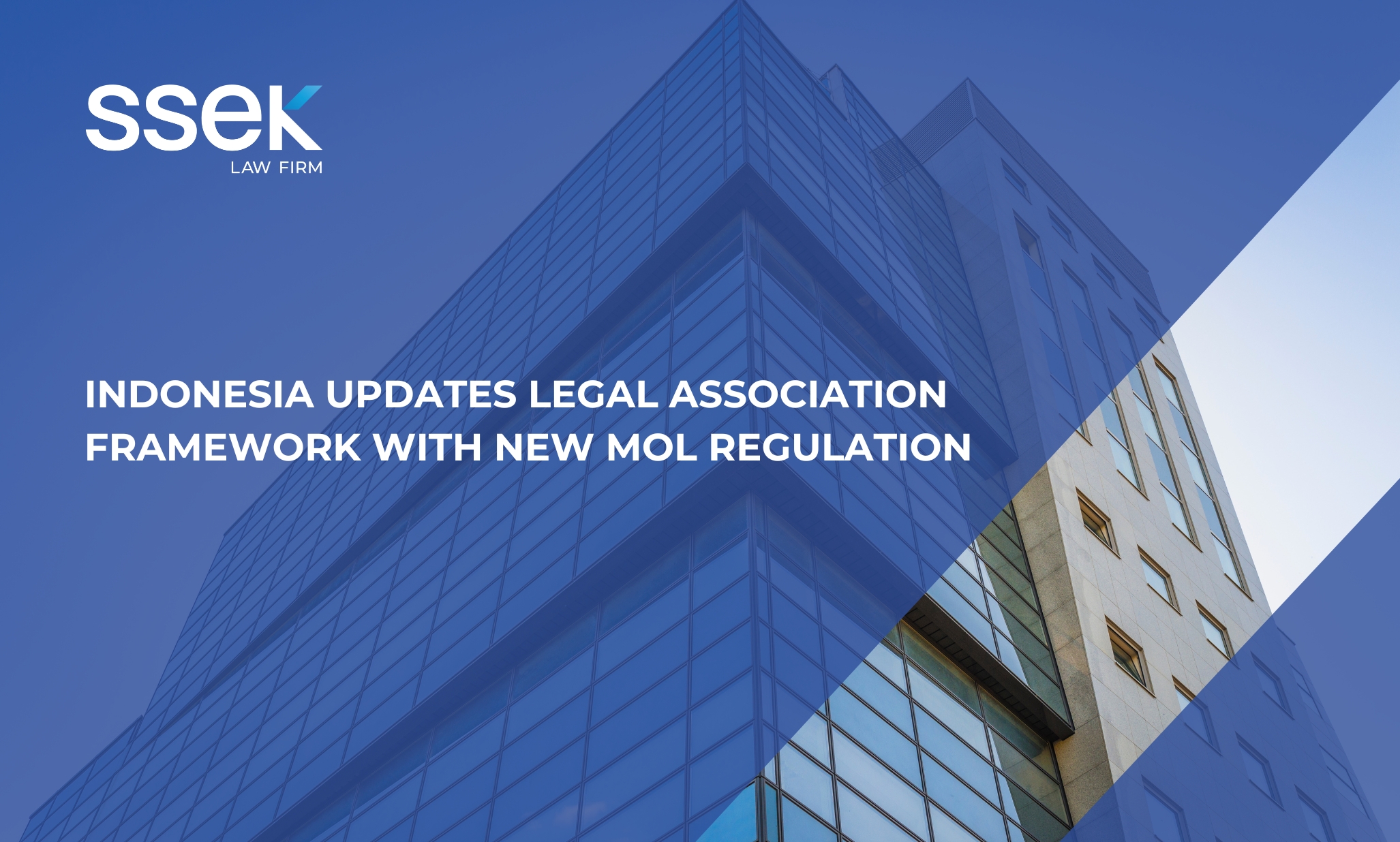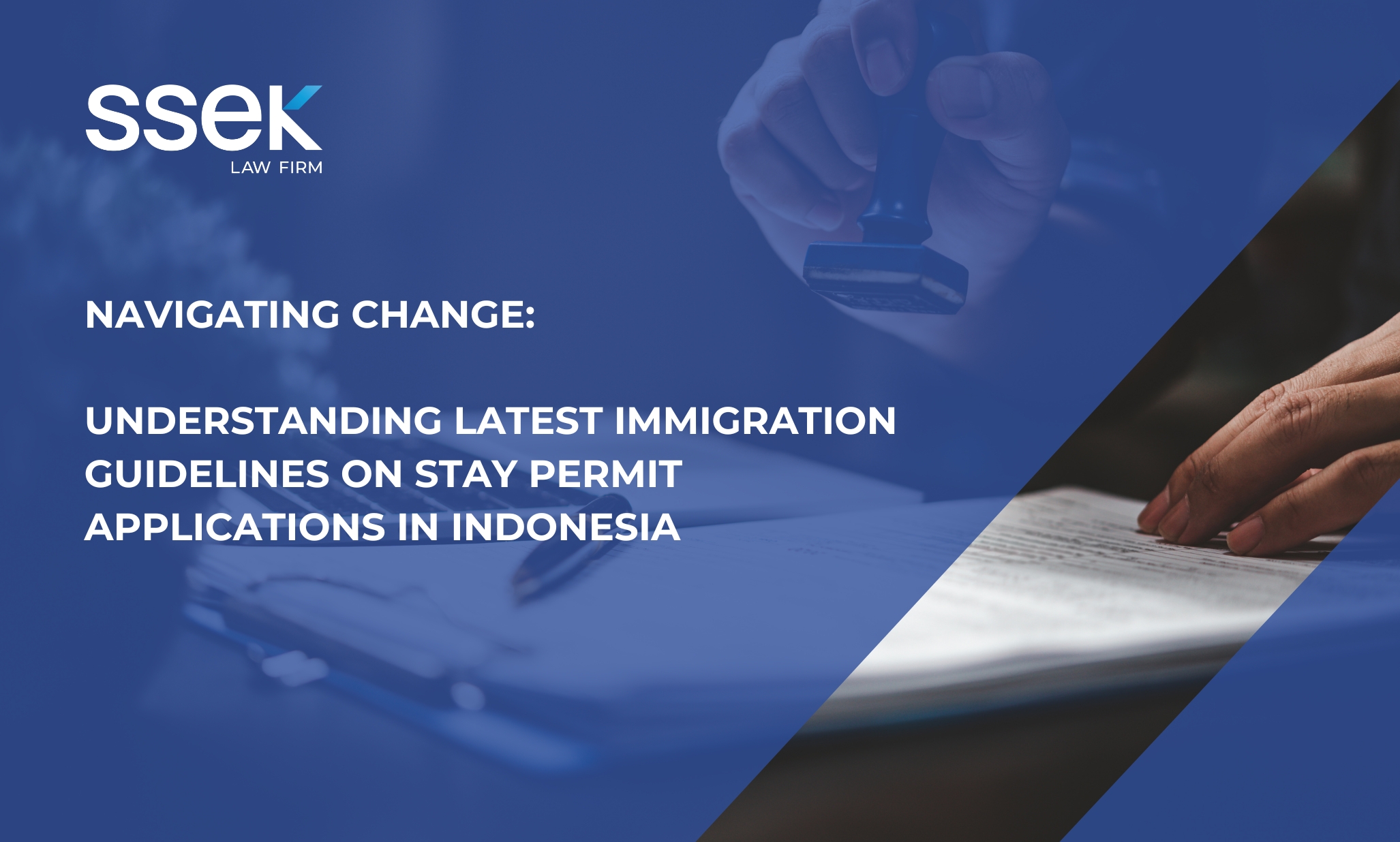

This article focuses on the types of business activities that can be conducted at airports pursuant to the most recent regulations. The regulation of airports is under the jurisdiction of the Ministry of Transportation (the MOT). The most recent basic regulation on airport business activities is MOT Regulation No. 69 of 2013 on the Order of National Airport Affairs (August 20, 2013) (MOT Reg 69/2013).
In general, MOT Reg 69/2013 was issued to set out the functions, hierarchy and classification of airports, including an airport national master plan. In addition, the MOT issued Regulation No. 56 of 2015 on Airport Business Activities (March 18, 2015) (MOT Reg 56/2015), as amended by MOT Regulation No. 187 on the Amendment of MOT Regulation No. 56 of 2015 regarding Airport Business Activities (December 4, 2015) (MOT Reg 187/2015).
This regulation, which concentrates on business activities conducted at airports, including the administrative and financial requirements for business players to conduct such activities. Some basic background information is required to understand MOT Reg 69/2013, MOT Reg 56/2015 and MOT Reg 187/2015, discussed below.
The term Airport Affairs means any activities related to airport affairs and other activities necessary to perform the functions of safety, security, smooth operations and the inter-airport transport and/or intermodal transport order of air traffic, passengers, cargo and/or postal communications inter-airport transport and/or intermodal transport. Airport business activities are carried out by an Airport Business Entity, which is defined as a state-owned enterprise, regional government-owned enterprise, or an Indonesian legal entity in the form of a limited liability company or cooperative, the main business of which is to operate an airport for the interest of the public.
Regulations
Read together, MOT Reg 69/2013, MOT 56/2015 and MOT Reg 187/2015 contain the following major points:
A. Airports Business Activities: Pursuant to MOT Reg 69/2013, MOT Reg 56/2015 and MOT Reg 187/2015, business activities in airports are divided into two categories, airport affairs services and airport-related services. Airport affairs services include providing services for aircraft, passengers, baggage and postal communications. These activities consist of the procurement and development of (i) landings, take-offs, maneuvers, parking and storage of aircraft facilities; (ii) terminal facilities for passengers, cargo, and postal communications; (iii) electronic, electricity, water and waste installation facilities; and (iv) areas for buildings, fields and industrial territories including buildings related to air transport activities.
Airport-related services include services to support aircraft operations in airports (e.g., the provision of warehouses, catering, cargo, postal communications, ground handling, passengers and baggage, etc.), to support the services provided to passengers and goods (e.g., accommodation, food, health care services, etc.) and other services that add value to airport business activities. Examples are playgrounds, office facilities, sport arenas, refueling points and the like.
B. Requirements to Implement Airport Affairs Services: An Airport Business Entity must first secure an Airport Business License from the MOT to engage in airport affairs services. Once obtained, the Airport Business License is valid as long as the relevant Airport Business Entity continues to conduct its airport business activities.
One business license obtained by an Airport Business Entity can cover more than one airport business activity. Although there is no time period of the license, it is subject to an evaluation that is done every two years by the relevant government agency. To secure an Airport Business License, the Airport Business Entity must meet several administrative, financial and management requirements. As to the administrative requirement, the relevant Airport Business Entity's articles of association must state it engages in airport-affairs activities and does not implement commercial air transportation. To satisfy the financial requirement, an Airport Business Entity must be majority-owned by Indonesian citizens or Indonesian legal entities.
Under President Regulation No. 39 of 2014 regarding the List of Businesses Closed and Open with Requirements (April 24, 2014) (the Negative Investment List), the maximum foreign investment in Airport Affairs Services is 49 percent. The investors must also submit evidence to show that they paid the minimum required capital. Under Article 14 of MOT Regulation No. 45 regarding Capital Ownership Requirement in the Field of Transportation (February 24, 2015) (MOT Reg 45/2015), the minimum paid-up capital is Rp 500 billion for domestic airports and Rp 1 trillion for international airports.
C. Requirements to Implement Airport-Related Services: Airport-Related Services can be implemented by an Indonesian individual or an Indonesian legal entity based on a cooperation agreement with an airport administrator. The Indonesian individual or Indonesian legal entity is required to first to obtain from the MOT a certificate of operation, which is required by Article 38.(1) of MOT Reg 56/2015, and an Airport-Related Services Business License from the Head of the relevant Airport Authority. The Airport-Related Services Business License is valid for five years but may be extended. The license is only applicable for one airport.
Similar to the requirement for an Airport Affairs Services License, an Indonesian legal entity that intends to conduct Airport-Related Services must be at least majority-owned by Indonesian citizens or Indonesian legal entities. Based on the Negative Investment List, the maximum foreign investment in Airport-Related Services is 49 percent.
D. Reporting Obligations: An Airport Business Entity conducting Airport Affairs Services is required to make a periodic report to the Directorate General of Air Transport and the relevant Airport Authority. The report must include comments on the condition of the airport affairs services facilities, the airport business activities and a financial report audited by an independent auditor. For Airport-Related Services, the relevant entity or individual conducting such activities must also submit a periodic report that discloses (i) the condition of facilities and equipment and the personnel of the provider, (ii) the airport-related services activities and the supervision and management implemented internally by the Airport-Related Services entity or individual.
Conclusions
Before the issuance of MOT Reg 56/2015, there were no clear guidelines for businesses that participated in providing airport services. The above-discussed matters are only generally regulated by Article 238 of Law No. 1 of 2009 regarding Aviation. Hopefully, MOT Reg 56/2015 will improve the quality of Indonesian airports to create a reliable, integrated and globally competitive airport system to support the national and regional economy.
This article is from SSEK's Indonesian Legal Review, which looks at recent legal and regulatory developments in almost 50 sectors, from Airports to Tourism. This publication is intended for informational purposes only and does not constitute legal advice. Any reliance on the material contained herein is at the user's own risk. You should contact a lawyer in your jurisdiction if you require legal advice. All SSEK publications are copyrighted and may not be reproduced without the express written consent of SSEK.









